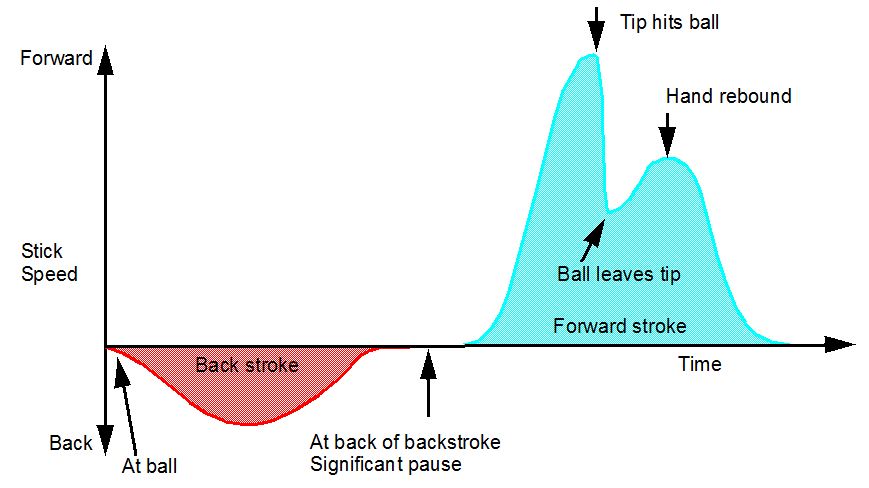FYI, I just posted a new video that debunks many common myths and misconceptions concerning stroke timing and acceleration and their effects on cue tip contact time and shot action.
Contents:
0:00 - Intro
0:24 - Common Myths
1:58 - Tip Contact Time
3:22 - Stroke Acceleration
5:47 - The Study
6:30 - Results and Conclusions
8:45 - Wrap Up
As always, I look forward to your feedback, comments, questions, complaints, and requests.
Enjoy!
Contents:
0:00 - Intro
0:24 - Common Myths
1:58 - Tip Contact Time
3:22 - Stroke Acceleration
5:47 - The Study
6:30 - Results and Conclusions
8:45 - Wrap Up
As always, I look forward to your feedback, comments, questions, complaints, and requests.
Enjoy!

